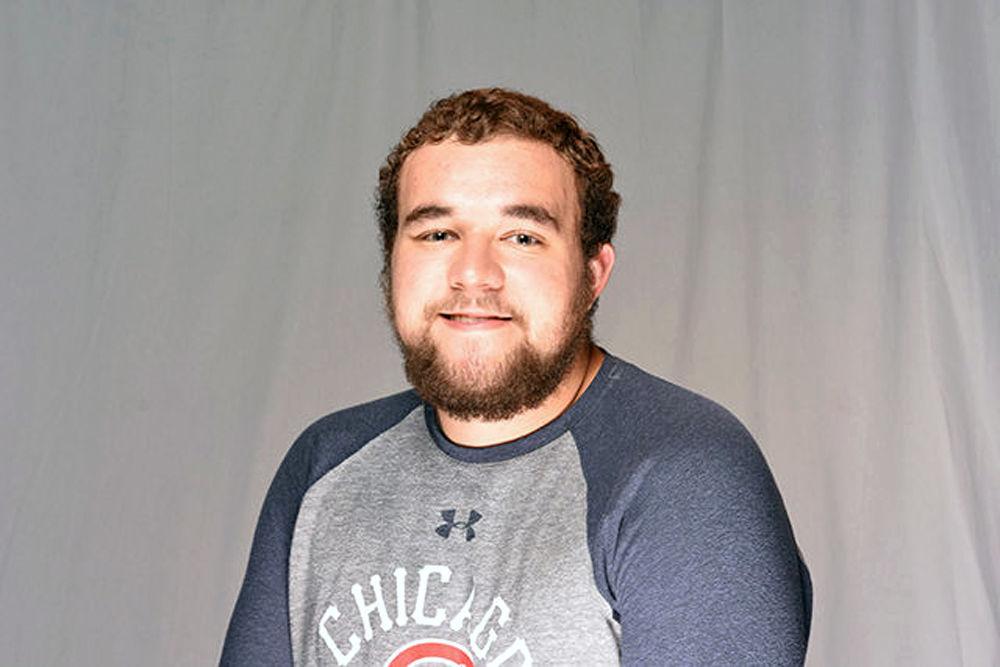At any given NC State football game in Carter-Finley Stadium, it’s easy to pick out of the crowd the names Wilson, Rivers, Brissett and now Chubb donned on the backs of bright red Wolfpack jerseys.
Those are NC State greats, and Wolfpack fans love to support them, but there is something you won’t see on the back of those jerseys: the names of graduate quarterback Ryan Finley or junior wide receiver Kelvin Harmon, both likely first-round NFL picks come next April. For that matter, you won’t see the name of any current NC State football player.
NCAA rules are pretty strict when it comes to the use of player names and image; well, pretty strict if it could benefit the student athlete and not just the NCAA. NCAA Bylaw 12.5.2.1 states that student athletes won’t be eligible to participate in games if they accept money for or permit the use of their names or faces in advertising or promotion.
Additionally, universities can’t sell jerseys, bobbleheads or anything of that nature with an individual student athlete’s name or likeness. If they could, student athletes could hypothetically receive parts of the profit of those items.
Student athletes are prohibited from using their name and image, or profiting from the use of it, and that’s wrong. The NCAA, in an effort to “protect” student athletes, takes away their freedom and identity, instead forcing them to be just another number in their corrupt system.
NCAA Bylaw 12.5.1.1(h) says that “items that include an individual student athlete’s name, picture or likeness (e.g., name on jersey, name or likeness on a bobblehead doll), other than informational items (e.g., media guide, schedule cards, institutional publications), may not be sold.”
The NCAA is “protecting” the name and image of student athletes. Student athletes, or the institutions they compete for, can’t profit from the name and image of one individual athlete. However, the NCAA can. Bylaw 12.5.1.1.1 says that “the NCAA may use the name or picture of an enrolled student athlete to generally promote NCAA championships or other NCAA events, activities or programs.”
A student athlete doesn’t have the freedom to use their own name and image how they like. They can’t profit from jersey sales with their names on the back. They can’t sell their image for advertising. But the NCAA is free to use their image how it wants. That just isn’t right.
In 2014, Georgia running back Todd Gurley was suspended four games for receiving more than $3,000 in cash in exchange for autographed memorabilia. Gurley, who was a Heisman Trophy front runner that season before his suspension, didn’t provide the memorabilia; he simply signed his own name on items for a memorabilia dealer.
Gurley missed a third of the season, was forced to do 40 hours of community service, paid back part of the money to charity and likely gave up his spot in college football history as a Heisman winner. And for what? Signing his own name on some mini helmets. It’s his name, and his time, but the NCAA wouldn’t let him use that how he wanted.
Gurley certainly isn’t the only player to experience this side of the NCAA, and he won’t be the last. Student athletes work tirelessly for their institutions and the NCAA, both of which majorly profit from their work, but most don’t even receive full scholarships.
While paying student athletes is a whole different argument, allowing them to use their own names and images how they like would be a step in the right direction; after all, those things belong to them.








